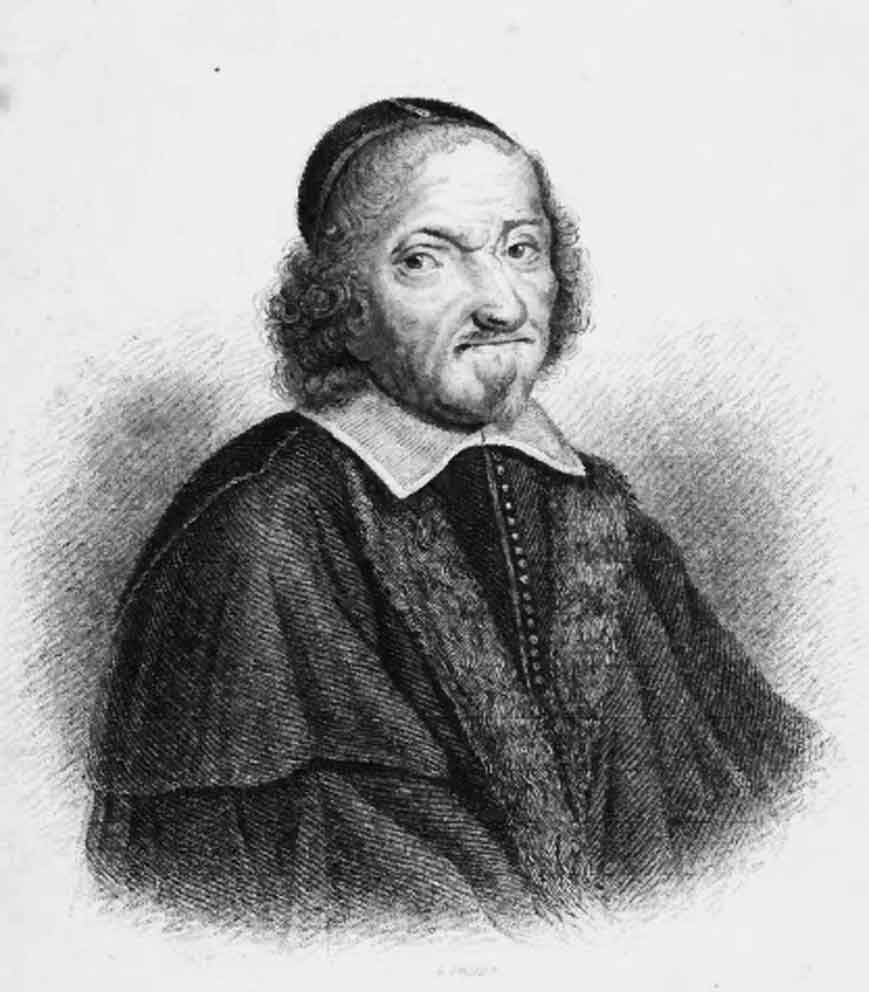
Today’s Leader of Faith
MYLES COVERDALE
Home Call : 20 Jan 1569
Reformer, Bible Translator, Priest, Hymnist
Myles Coverdale (1488-1569), was a prominent English ecclesiastical reformer renowned as a Bible translator, preacher, and hymnist. In 1535, he achieved a milestone in Christian history by producing the first printed translation of the entire Bible into Early Modern English, building upon and completing the earlier translations initiated by William Tyndale. This groundbreaking achievement made Scripture accessible to the common people, advancing the Protestant cause and laying a foundation for subsequent English Bible translations. Coverdale was also renowned for his contributions to English hymnody, with works reflecting the theology of the Reformation.
Coverdale, likely born in Yorkshire around 1488, studied philosophy and theology at Cambridge, earning a Bachelor of Canon Law in 1513. He was Ordained as a priest in 1514 by John Underwood, and under the leadership of Robert Barnes, he joined the Augustinian friars in Cambridge between 1520 and 1525. Barnes brought humanist ideals and Reformist teachings to Cambridge, reading St. Paul’s epistles in translation and incorporating classical authors into his instruction, profoundly influencing Coverdale’s reformist outlook.
In 1528, as a secular priest in Essex, Coverdale began preaching against images and the mass. In 1529 he helped William Tyndale translate the Pentateuch in Hamburg and then apparently settled in Antwerp, where he translated the Bible. He later returned to England and took up the Reform cause, translating tracts and editing the Great Bible (1539). In 1540 Henry VIII’s religious policies forced him to flee and after Henry’s death, returned to England, aligned with Protestant reforms, and was appointed Bishop of Exeter in 1551. However, under Queen Mary I, he lost his position and narrowly escaped martyrdom through Denmark’s intercession. He lived abroad until 1559, returning to England under Queen Elizabeth I. He declined all ecclesiastical preferments, but often preached sermons that were highly esteemed.
In 1534, the Canterbury Convocation petitioned Henry VIII to allow the entire Bible to be translated into English. In response, Coverdale completed the first full English Bible, dedicating it to the king in 1535. The Bible was likely printed in Antwerp, financed by Jacobus van Meteren, and completed on 4 October 1535. His translation was based on William Tyndale’s work, particularly Tyndale’s New Testament and translations of the Pentateuch and the Book of Jonah. For other Old Testament books, he drew from Martin Luther’s German translation and other sources. His translation of the Book of Psalms in this Bible became influential and is still used in the 1662 Book of Common Prayer, with minor revisions appearing in the 1926 Irish, 1928 U.S. Episcopal, and 1962 Canadian Books of Common Prayer. He also wrote many hymns in context of reformation.
Coverdale died at the age of 81. His extensive contacts with English and Continental Reformers was integral to the development of successive versions of the Bible in the English language.
For the 400th anniversary of the Authorized King James Bible in 2011, the Church of England issued a resolution, which was endorsed by the General Synod. This resolution, starting with the Coverdale Bible, included a brief description of the enduring significance of the Authorized King James Bible (1611) and its immediate predecessors as,
- The Coverdale Bible (1535)
- The Matthew Bible (1537)
- The Great Bible (1539)
- The Geneva Bible (1557, the New Testament; 1560, the whole Bible)
- The Bishops’ Bible (1568)
- The Rheims-Douai Bible (1582, the New Testament; 1609–1610, the whole Bible)
- The Authorised King James Bible (1611)
“Today’s Leader of Faith” Ministry aims to inspire people to serve God, by sharing brief biographies. If you have a burden, inspire others too.
Praise the Lord 🙏🏻
John Michael, Rajahmundry.
